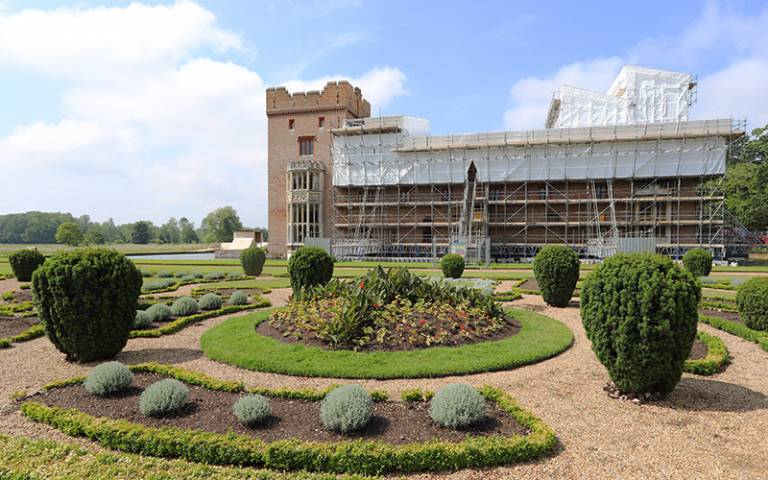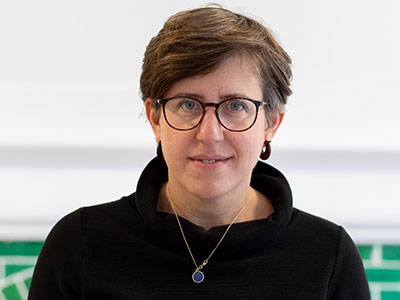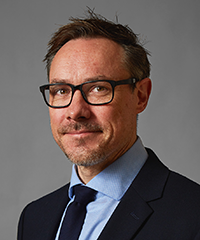Spotlight: UCL's partnership with the National Trust
23 February 2022
Since May 2021, UCL and the National Trust have been working more closely than ever on heritage conservation research.


Sarah Wolferstan (Project Manager, UCL Centre for Applied Archaeology), has shared her experience of undertaking a research secondment at the National Trust as part of UCL’s strategic partnership, in a recent UCL Spotlight interview.
Sarah worked on a project relating to ‘participatory archaeology’, looking at the impact of archaeology projects on volunteers’ wellbeing. Researchers from both organisations worked together on all aspects of the project. Although most work was authored by UCL, the National Trust collated documentation and led on the consultation. The secondment allowed Sarah to gain valuable insight into policy issues, bridging academic and commercial practice, and allowed the project team's collaborative expertise to be used to create real-world impact.

Rodney Harrison (Professor of Heritage Studies, UCL Institute of Archaeology) has also recently shared his experience of working with the National Trust. He highlighted the various opportunities that will be available as a result of the new UCL partnership leading to further joint projects relating to heritage science, sustainable conservation and heritage significance.
Further details on how to get involved and the support available from UCL Innovation and Enterprise are outlined on their website. Opportunities are available for UCL and National Trust researchers to explore new ways of working, inform policy and demonstrate how university-industry collaborations can provide lasting benefits for local communities, and our national and global heritage.
Further details
- UCL’s partnership with the National Trust: what’s happened and how to get involved
- UCL and the National Trust partner to promote heritage science, conservation and cultural value
 Close
Close

